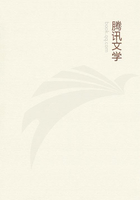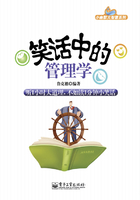A merchant or a nobleman may reside for years in a village; he will not thereby acquire any right to meddle with its internal administration. To explain the reason of such an anomaly, we must keep in view the circumstances under which the law of 1861 was promulgated. its chief purpose was to liberate the serfs from their dependence on the landed aristocracy. The squire, the "pomeschick," was the enemy against whom they had to fight, and it was feared that he could easily regain the influence, which had lasted for centuries, if he and the persons in his service were allowed to have a vote in communal concerns. It was therefore to prevent a practical restoration of feudal power, that the upper classes were debarred from all interference in village matters. But the legislators forgot the dangers, which arise from the artificial isolation of an ill-educated class, both for itself and for the other orders of society. I know no country, in which the enlightened classes have so little opportunity of exercising that moral influence, without which no social progress can be really achieved. Not only the squire, be he a nobleman or a merchant, but also the parish priest (the pope), are excluded by law from the right to vote in the village assembly. Questions concerning public instruction and public health are daily discussed and settled by illiterate men, very often to the injury of the community, without any reference to the wishes and intentions of the more enlightened inhabitants, whose interference in such cases would be considered a direct infringement of the law. This is certainly a great wrong; a wrong which is clearly seen, both by society and by Government. The absenteeism of the higher classes and their dislike of that country life which is so familiar in England, certainly finds its chief root in what I may call the "privilegium odiosum" which is attached to the status. On the other hand, the ordinary peasant, left without that natural control and guidance which the enlightened classes are called upon to exercise towards the more ignorant, is naturally led to look for protection and help to those of his own rank who have succeeded in securing for themselves a certain amount of material wealth. This class of rich peasants, known under the name of "koulaks," which means a man knowing how to keep money in his own hands, is as a rule no better educated and far more selfish and immoral than the rest of the country people. The disintegrating influence, which such a class exercises, has been rightly recognised in the nickname with which the peasantry have dubbed its members, I mean that of "miroied." or "eaters of the mir" it is to such speculators and monopolists that the people are abandoned; it may be in the secret hope of rendering impossible any good understanding between them and the higher classes of the nation. For no doubt, such an understanding might become a serious obstacle in the way of the all-powerful bureaucracy, which rules over the masses with that insolence and harshness which are usually only met with in the relations of conquerors to a conquered nation. Instead of giving the higher classes their share in the affairs of the village, the Government has lately increased the number of administrative oppressors, by instituting a new office, that of "Commander of the district." This office is to be exclusively filled by members of the hereditary nobility. With no other control over them, than that of the Governor of the province, these newly-created officers are called upon to exercise a boundless authority, both executive and judicial, over the villages in their district. There is no judicial appeal against their doings, for they are at once police officers making their own by-laws, and magistrates authorised to decide questions of the infringement of these same by-laws; they are even the executioners of their own sentences, for the right of flogging on the spot, where the misdemeanour has been committed, is openly recognised as belonging to them.
It is not difficult to foresee the effect which the introduction of these new officers will have on the life of the people. Having been hitherto taught to look on the neighbouring squire as a stranger, they will now come to consider him as their natural enemy.
But let us go back to the study of the administrative organisation of the Russian mir.
Every village is authorised to have its popular assembly.
This folkmote is the regular heir of the "vechas" and "koupas"still preserved, as we have seen, in the sixteenth and seventeenth centuries, among the South-Western communes of Russia, and, what is not less curious, also by the manorial system during the same centuries. When I say that all the adult members of the village are called upon to vote at these popular assemblies, I mean that this is the case in the majority of Russian villages, in which the inhabitants are likewise partners in the common lands of the village. It is not the case in the yearly increasing number of villages, in which the new-comers are only permitted to reside in the commune, but are prevented from sharing in the benefit which the commune derives from its property in land. In Germany and Switzerland, where centuries ago new-comers, known under the name of "Beisaszen" or "Hintersaszen," "domicilies," "manants," etc., were allowed to settle side by side with the proprietors of the common land (the gemeingut or allmend), two kinds of popular assemblies are known.

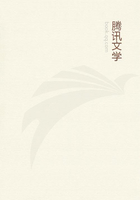
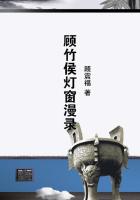
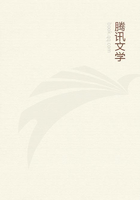
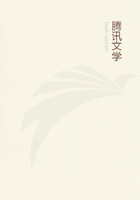

![火[合牛]供养仪轨](https://i.pgsk.com/images/book/2020/06/13/144230000.jpg)

